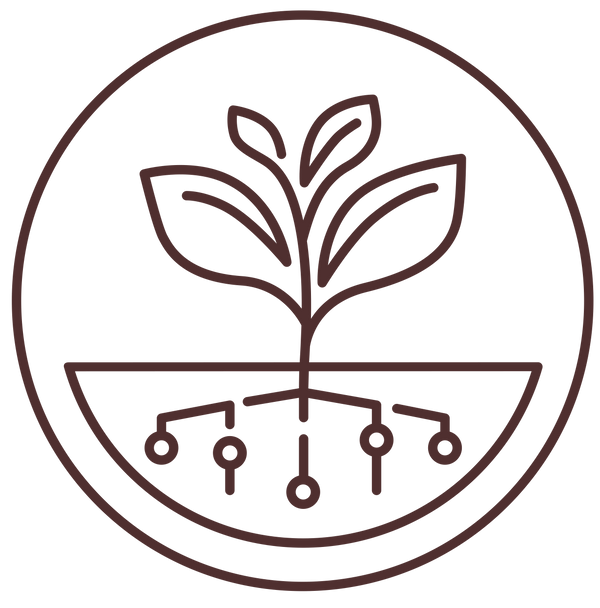About
 My name is Juan de la Serna, and I’ve been passionate about biology for as long as I can remember. As a child, I spent countless hours watching wildlife documentaries, collecting plants, climbing trees, catching grasshoppers, and—much to my parents' delight—drying dead salamanders in the cupboards.
My name is Juan de la Serna, and I’ve been passionate about biology for as long as I can remember. As a child, I spent countless hours watching wildlife documentaries, collecting plants, climbing trees, catching grasshoppers, and—much to my parents' delight—drying dead salamanders in the cupboards.
That early passion led me to study life sciences in Belgium, where I completed a master’s degree in bioengineering with a specialisation in tropical agriculture. An eye-opening exchange program in Kenya further deepened my commitment to addressing soil fertility loss and deforestation. A mentor once told me, “If you want to save tigers and elephants, start by helping the people who are forced to cut down the forest.” Those words stuck with me.
After graduation, I spent four years working in Latin America. During that time, I was trained in Syntropic Agroforestry in Brazil and Bolivia and applied agroforestry techniques on cocoa plantations in the Peruvian Amazon and açaí plantations in Guyana. There I implemented sustainable practices like using biologically complete compost and implementing agroforestry techniques.
My passion for soil biology truly deepened after receiving a scholarship from the Soil Food Web and completing their courses. I started doing field trials with compost seed coatings with success and received an opportunity to investigate the Johnson-Su bioreactor in Germany, where I dedicated years into perfecting the creation of biologically diverse, microbe-rich compost. It quickly became clear to me that this method far surpasses other composting methods in terms of microbial quality and effects on plants. After numerous trials (and plenty of errors), I'm happy to have mastered and hopefully bettered this technique and can now produce enough compost to meet the growing demand.
Most people are unaware that soil is a living system crucial to our survival, and that mindset needs to change. I invite you to join us on our regeneration journey and to work with us to create a better future for ourselves and the generations to come.
